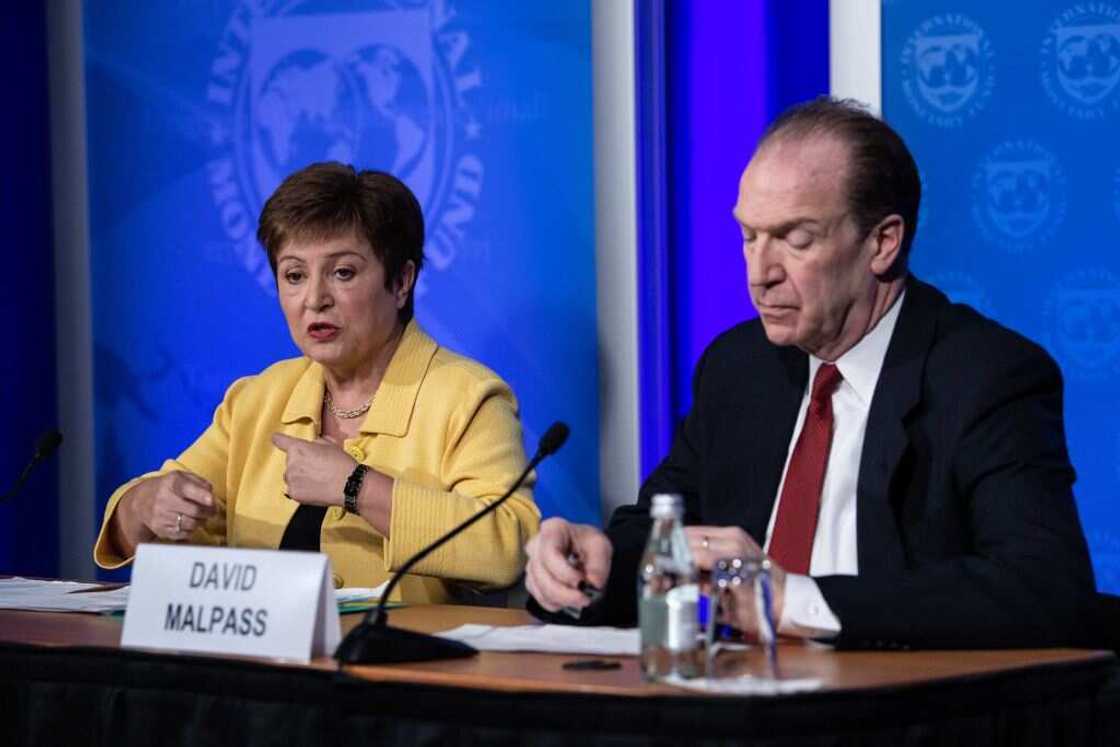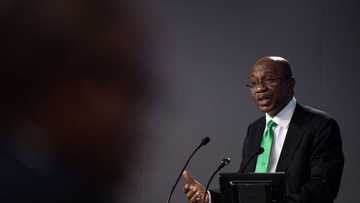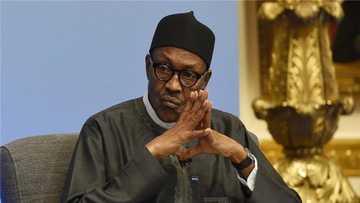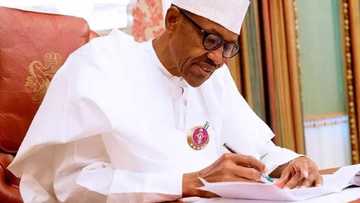World Bank lists 10 reforms FG must implement to save the economy as 5m Nigerians fall into poverty in 2022
- A new report from World Bank shows more Nigerians have fallen into poverty in 2022
- The report put the number of newly poor Nigerians at 5 million in 2022 and called on the government to harness its abundant resources
- The bank has therefore urged the federal government to implement 10 reforms in an effort to save the economy
PAY ATTENTION: How media literate are you? Click to take a quiz – bust fake news with Legit.ng!
The World Bank announced has revealed that Nigeria's growing inflation rate has increased the number of poor Nigerians by 5 million in 2022.
The bank said this in its latest report titled, ‘Nigeria country economic memorandum: charting a new course’, published on its website.
According to the bank, things might become worse unless significant reforms are made to the way the Nigerian economy is managed.

Source: Getty Images
World bank suggests reforms
In the report, the bank also said Nigeria’s potential and growth has been stagnated over the past decade.
PAY ATTENTION: Share your outstanding story with our editors! Please reach us through info@corp.legit.ng!
It noted that the country needs create more jobs to rise to its potential, the Cable reports
World bank said:
"Nigeria has a lot of promise, but during the last 10 years, progress has stalled.
Between 2011 and 2021, the hard-won income increases from the 2000s vanished as a result of a lack of more extensive structural changes, global shocks, incompatible macroeconomic policies, and rising insecurity."
"While there is no magic potion to boost growth, Nigeria may once again become a rising economic star if it quickly puts in place a complete package of daring reforms.
World bank list reforms needed to re-energize the economy
The reforms suggested by World Bank that Nigeria’s government can adopt for faster and more inclusive growth include:
- Adopt a single and market-reflective exchange rate.
- Facilitate trade and boost domestic value added by removing import and foreign exchange restrictions.
- Increase non-oil revenues by raising value-added tax (VAT) and excise rates and strengthening tax administration.
- Eliminate the petrol subsidy by establishing a compact that also protects the poor and vulnerable.
- Increase access to finance by strengthening the institutional.
- Contain inflation by reducing the federal infrastructure for financial intermediation government’s recourse to Central Bank Nigeria (CBN) financing.
- Boost competition by embedding it into policy, enhancing enforcement, and simplifying rules to lower costs.
- Boost power generation by investing in infrastructure to reduce technical and commercial losses.
- Reduce insecurity by strengthening the rule of law and facilitate transport connectivity by reducing interstate transportation costs.
Rabiu to overtake Dangote as richest man in Nigeria
Meanwhile, the Nigerian billionaire race is becoming more and more interesting as Rabiu Abdulsamad closes in on Aliko Dangote
Abdulsamad is now comfortably the second richest man in Nigeria despite starting the year in third.
Legit.ng analysis shows that Rabiu's wealth growing at N3.4 billion daily has helped him close the gap.
Source: Legit.ng




